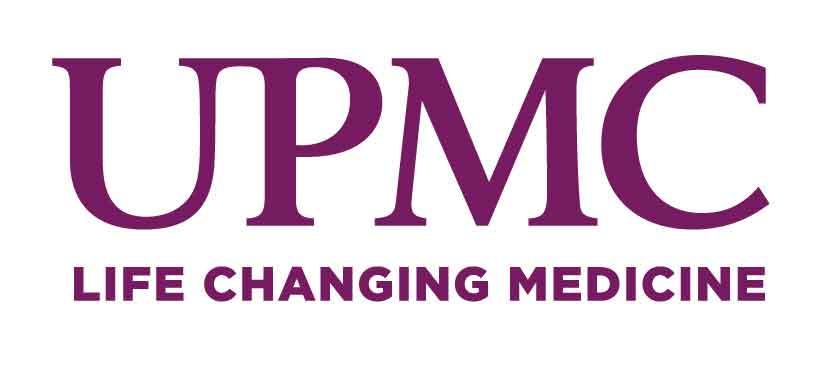UPMC in Central Pa. Uses Tech To Treat Leaky Heart Valve
The Heart and Vascular Institute at UPMC in Central Pa. recently became the first in Pennsylvania to utilize the new Edwards PASCAL Precision transcatheter valve repair system, a U.S. Food and Drug Administration (FDA) approved treatment of mitral valve regurgitation or leaky heart valve.
Mitral valve regurgitation is a common condition in which a valve connecting two chambers of the heart does not fully close, allowing blood to leak backward in the valve and impairing blood flow. The condition makes it difficult for the heart to move blood through to the rest of the heart efficiently. It may make one feel tired or out of breath, and it may cause an overall decrease in one’s quality of life.
“A leaky heart valve puts extra strain on the heart, causing symptoms or even heart failure if not treated,” said Hemal Gada, M.D., president of the UPMC Heart and Vascular Institute at UPMC in Central Pa. “One of the biggest assets that the Edwards PASCAL Precision system brings is the added option to treat patients in a minimally invasive fashion. This fosters a return to better quality of life for our patients, not just in the long-term but in the short-term as well.”
The primary treatment for severe mitral valve regurgitation cases has been open-heart surgery to repair or replace the damaged valve. In recent years, as an alternative to surgery, doctors have turned to valve-repair devices that can be delivered less invasively, inserted by catheter through a vein in or near the groin. Until the FDA approved the Edwards PASCAL Precision system, there was only one device that had this capability in the U.S.
The Edwards PASCAL Precision system enables safe and effective treatment for patients with degenerative mitral valve disease. The system is designed for maneuverability and stability for precise navigation and implant delivery.
Pioneers in cardiovascular health since 1956, doctors at the UPMC Heart and Vascular Institute in central Pennsylvania were the first in the region to perform open heart surgery and the first to perform coronary artery balloon angioplasty. Other firsts include the implantation of a drug-eluting coronary stent, percutaneous (minimally invasive) aortic valve procedures (TAVR), and now the implantation of this FDA-approved percutaneous mitral valve repair device.

